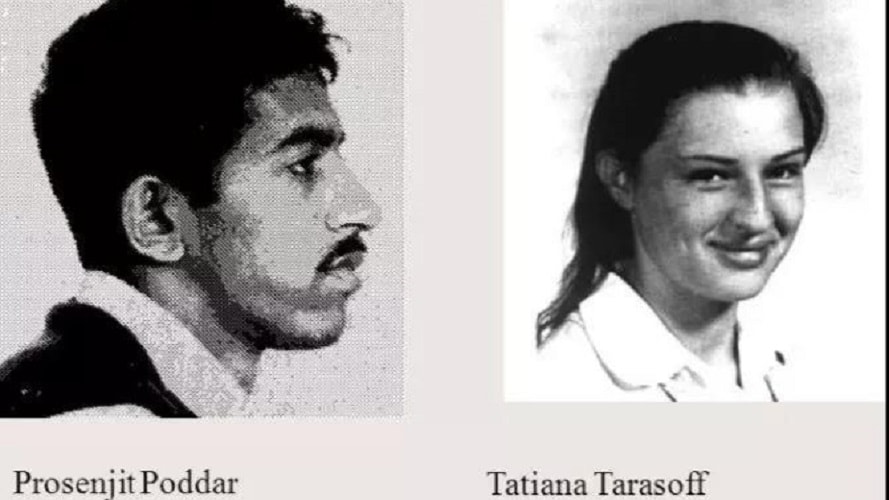
ADVERTISEMENT - CONTINUE READING BELOW
An Indian Stalker Whose Obsession Transformed US Law
Prosenjit Poddar told Lawrence Moore that he often thought about killing the object of his obsession. The campus shrink thought Poddar had a bad case of schizophrenia. He advised him to sever contact with Tatiana Tarasoff and stay away from her, and told him that if he continued to talk about homicide, he would have to contact the authorities. Poddar simply ceased to show up for further sessions. Moore contacted Berkeley’s police to warn them, and recommended that Poddar be civilly committed. They detained him briefly, but he seemed rational, so they let him go. Moore’s boss recommended against any further detention of Poddar. Throughout, nobody warned Tarasoff or her parents. When she returned from Brazil, Poddar called her nonstop, and even befriended and moved in with her brother to try and get closer to her.

ADVERTISEMENT - CONTINUE READING BELOW
On October 27th, 1969, the perturbed stalker finally did what he had told the campus psychologist he planned to do to Tarasoff. That day, he shot her with a pellet gun, then stabbed her fourteen times with a knife. He was convicted of second degree murder, but the conviction was overturned five years later because of faulty jury instructions. Poddar was not retried, and was simply deported back to India. Tarasoff’s family sued the university the pyschologists, and various Berkeley employees for failure to warn. It ended in a landmark case, Tarasoff v. Regents of the University of California. In it, the state’s supreme court ruled that regardless of doctor-patient confidentiality, mental health professionals have a duty to warn people who are threatened by a patient. 33 states have since adopted what came to be known as Tarasoff laws.

